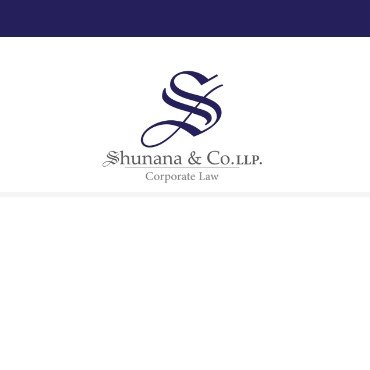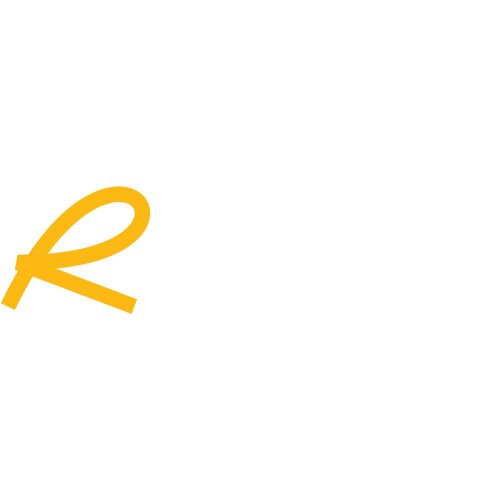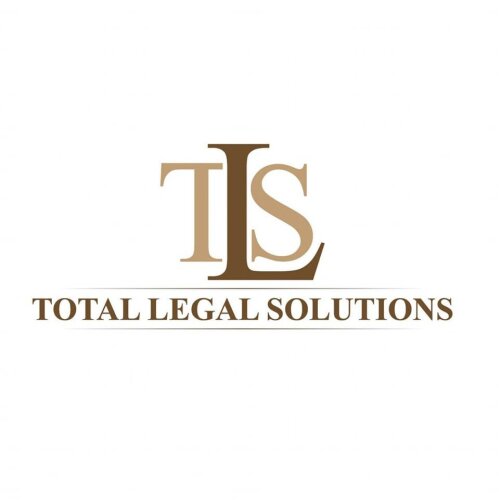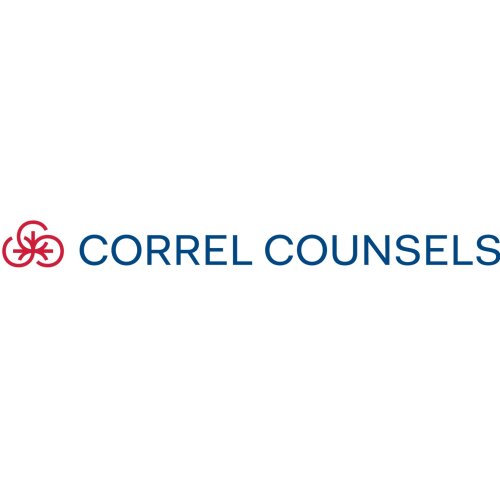Best Restructuring & Insolvency Lawyers in Malé
Share your needs with us, get contacted by law firms.
Free. Takes 2 min.
List of the best lawyers in Malé, Maldives
About Restructuring & Insolvency Law in Malé, Maldives
Restructuring and insolvency law in Malé, Maldives is an essential area of commercial law that deals with helping distressed businesses and individuals manage financial difficulties. The legal framework is designed to offer fair solutions for both debtors and creditors. It outlines formal processes for restructuring debts, liquidating assets, and, in some circumstances, facilitating reorganization so a business may continue operating. Key objectives include maximising creditor returns, protecting the rights of involved parties, and maintaining commercial stability within the economy. Recent legal reforms and a growing business environment have brought increased focus on efficient, transparent insolvency and restructuring procedures in the Maldives.
Why You May Need a Lawyer
Seeking professional legal advice in restructuring and insolvency can make a considerable difference in outcomes, whether you are a business owner, investor, creditor, or individual. Here are some situations where legal help is strongly advised:
- Facing overwhelming business debts and seeking options for restructuring loans or obligations.
- Worried about insolvency and needing to understand legal protections or liabilities.
- As a creditor, trying to recover debts from a company or individual that may be insolvent.
- Wanting to sell, transfer, or solicit investment in a distressed business.
- Needing to initiate, manage, or respond to bankruptcy or winding-up proceedings.
- Encounters with disputes during administration, or asset distribution.
- Ensuring compliance with local laws and minimizing the risk of personal liability for directors or owners.
A lawyer can guide you through the complex regulatory environment, help protect your interests, and work towards a solution that minimizes loss and legal exposure.
Local Laws Overview
The restructuring and insolvency landscape in the Maldives is governed by a combination of statutes, regulations, and court procedures. The principal legislation is the Insolvency Act 2022, which modernized many aspects of business rescue and bankruptcy. The Act sets out clear processes for liquidation, administration, and restructuring, making provisions for both voluntary and court-ordered insolvency proceedings.
Key features of local law include:
- Initiating Proceedings: Insolvency cases can be prompted by either the debtor or a creditor. There are specific criteria and thresholds for proving insolvency.
- Role of Courts: The Civil Court of Malé has jurisdiction over insolvency cases, with procedures for appointment of liquidators or administrators.
- Protection from Legal Action: Upon commencement of insolvency proceedings, a moratorium can temporarily prevent creditors from pursuing action without court approval.
- Asset Distribution: Laws detail the priority of payments to creditors, employees, and other stakeholders, seeking a fair distribution of remaining assets.
- Restructuring vs Liquidation: There are mechanisms for restructuring viable businesses to avoid liquidation, such as schemes of arrangement and creditor meetings.
- Personal Insolvency: While corporate insolvency is most common, the law also covers procedures and relief for insolvent individuals.
- Directors' Duties: Company directors have specific duties when their company faces insolvency. Breaching these duties can create personal liability.
Legal procedures are evolving, and understanding the latest requirements is vital for a successful resolution.
Frequently Asked Questions
What does insolvency mean under Maldivian law?
Insolvency generally refers to the inability of an individual or company to pay their debts as they fall due or when liabilities exceed assets. Specific criteria are outlined in the Insolvency Act 2022.
How does the insolvency process start?
Either a debtor or creditor can apply to the Civil Court to start insolvency proceedings. There are prescribed forms, notices, and evidence requirements to demonstrate insolvency.
What happens when a company is declared insolvent?
A liquidator or administrator is usually appointed by the court. This person takes control of the company's assets, assesses debts, and manages the distribution of available funds to creditors according to statutory priority.
Can a company continue operating during restructuring?
Yes, if the court approves a restructuring plan, the company may continue trading under supervision. The plan aims to satisfy creditors to the extent possible while rescuing the viable parts of the business.
What protections are available for company directors?
Company directors must act responsibly when insolvency is likely. The law offers some protections if directors seek timely help and act in good faith, but wrongful trading and breaches of duty can result in personal liability.
Can individuals declare bankruptcy in the Maldives?
Yes, individual bankruptcy is possible under the law. The process includes the appointment of a trustee, realization of assets, and formal discharge from certain debts after meeting statutory obligations.
How are creditors paid in an insolvency?
Creditors are paid according to a statutory order of priority. Secured creditors are typically paid first, followed by employees, tax authorities, suppliers, and finally, shareholders if funds remain.
What is a moratorium?
A moratorium is a temporary halt on claims, lawsuits, or enforcement actions against the debtor once insolvency proceedings begin, giving space to assess options and prevent a rush of claims.
Are there alternatives to liquidation?
Yes, alternatives like voluntary arrangements, court-approved schemes of arrangement, and informal restructuring negotiations are possible when there is potential to rescue the business.
What documents are needed to start insolvency proceedings?
Typical requirements include financial statements, lists of creditors, statement of affairs, and supporting legal forms. A lawyer can help to gather and prepare the necessary documents for filing.
Additional Resources
If you need more information or support regarding restructuring and insolvency in Malé, the following organizations and resources can help:
- Ministry of Economic Development - The main government body responsible for business regulation and insolvency oversight.
- Civil Court of Malé - Handles insolvency and liquidation cases. Court staff can provide guidance on process and timelines.
- Registrar of Companies - Maintains records on business entities, including those being restructured or dissolved.
- Licensed Insolvency Practitioners - Accredited professionals are authorized to act as liquidators, administrators, or trustees.
- Maldives Bar Council - Can help you find a local lawyer with expertise in restructuring and insolvency.
- Official Gazette - Publishes legal notices related to insolvency proceedings and company status.
Next Steps
If you believe restructuring or insolvency may affect you or your business in Malé, Maldives, it is important to act quickly and seek professional guidance. Here are the recommended steps:
- Assess your financial situation honestly and gather all relevant financial records.
- Contact a qualified lawyer or insolvency practitioner who specializes in this area of law in Malé.
- Discuss your concerns, objectives, and possible strategies for resolution.
- Follow legal advice to ensure compliance with the law and minimize potential liabilities.
- Engage proactively with creditors, staff, and stakeholders, with your lawyer’s assistance, to facilitate a transparent process.
- Keep up to date with your legal obligations throughout any court or administrative proceedings.
Early legal intervention can maximize your options, reduce stress, and help achieve the best outcome possible. If unsure, consult an expert without delay to protect your interests.
Lawzana helps you find the best lawyers and law firms in Malé through a curated and pre-screened list of qualified legal professionals. Our platform offers rankings and detailed profiles of attorneys and law firms, allowing you to compare based on practice areas, including Restructuring & Insolvency, experience, and client feedback.
Each profile includes a description of the firm's areas of practice, client reviews, team members and partners, year of establishment, spoken languages, office locations, contact information, social media presence, and any published articles or resources. Most firms on our platform speak English and are experienced in both local and international legal matters.
Get a quote from top-rated law firms in Malé, Maldives — quickly, securely, and without unnecessary hassle.
Disclaimer:
The information provided on this page is for general informational purposes only and does not constitute legal advice. While we strive to ensure the accuracy and relevance of the content, legal information may change over time, and interpretations of the law can vary. You should always consult with a qualified legal professional for advice specific to your situation.
We disclaim all liability for actions taken or not taken based on the content of this page. If you believe any information is incorrect or outdated, please contact us, and we will review and update it where appropriate.

















